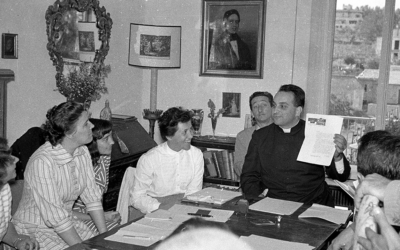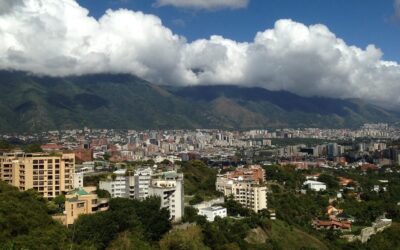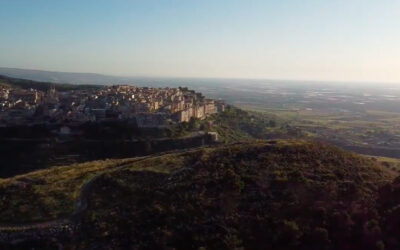Even in the most tragic and complex of situations, there is always something that we can and should do to contribute to the “common good”. Should we close the business? We were about to close the business because the serious economic crisis in our country seemed to leave us with no alternative. However, with our own children we reflected on the fact that for six of our employees and their families, the work with us was their only source of income. We decided to ask for God’s help and search for other solutions even if this meant running considerable risks. Raul was not feeling very hopeful when he went to the largest store in the town to ask if they wanted to buy the tiles we produce. To his great surprise, the managers not only placed an order with us, they also asked if we could become their exclusive suppliers. Work increased and we had to take on more employees. This experience strengthened the bond among us both in the family and in the business. (R. F. – Brazil) Refugees Two weeks before Easter, 180 refugees from Eritrea, Ethiopia, Somalia and Sudan were moved into the army barracks in my town. Most of them were Christians: many were young, in fact, some were still children. They had been stopped at the frontier with Egypt because they did not have the correct documentation and had been held in a detention centre. They were shocked and overwhelmed by the sub-human conditions in which they were forced to live. They were given only bread to eat each day and occasionally rice but, nonetheless, they still fasted because it was Lent! I felt that Jesus was asking me to love him in a concrete way in those brothers. I spoke to my friends and together we collected money, medicine and food and we began to prepare for an Easter meal for them. In a short time, we had meat, fruit and vegetables – all the things they had not eaten for so long. My father helped by using his car to transport the food we had prepared. You cannot imagine how happy they were. It was an Easter that I will never forget. (M. A. – Egypt) Rubbish Every time that I met our neighbour, we used to argue because very often she left her rubbish piled up in front of our doorway. This had gone on for years until the example set by some Christian friends convinced me that I had to be the first to love. One day the usual problem had happened with the rubbish but I immediately thought that this was my opportunity. I went out with a sweeping brush and began to clear up. She was there waiting for me to react. This time I looked at her, smiled and asked how she was. She was surprised and answered very politely. From that day onwards, every time that she sweeps and tidies the area at the front of her house, she does the same for me and we have become friends. (R.C.- Colombia)
Edited by Chiara Favotti




0 Comments